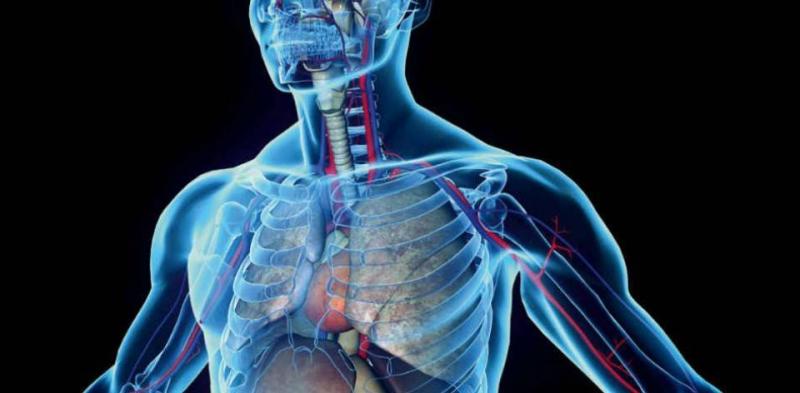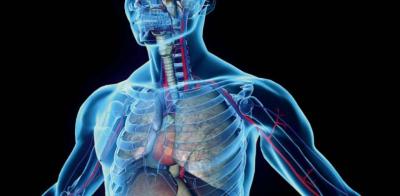A study conducted on 5,678 people, led by researchers from Stanford University School of Medicine, revealed that aging varies not only among individuals but also that body organs age at different rates from one person to another. When an organ's age is particularly advanced compared to its counterparts in other people of the same age, the individual carrying that organ is at an increased risk of diseases associated with that organ and death. According to the study, one in five healthy adults aged 50 or older has at least one organ aging at an accelerated rate. However, a simple blood test may be able to identify which organs in a person's body, if any, are aging quickly, guiding treatment interventions long before clinical symptoms appear.
The senior author of the study, Tony Weiss-Kury, a professor of neuroscience at Stanford University, stated, "We can estimate the biological age of an organ in a seemingly healthy person. This, in turn, predicts the risk of the person developing a disease related to that organ." The team, led by academics from Stanford in California, used machine learning to evaluate protein levels in human blood. The study focused on 11 major organs, systems, or tissues, including the brain, heart, lungs, kidneys, liver, pancreas, intestines, immune system, muscles, fat, and blood vessels.
Weiss-Kury explained, "When we compared the biological age of each of these organs for each individual with their counterparts in a large group of people without obvious severe diseases, we found that 18.4% of those aged 50 or older had at least one organ aging much faster than average. We found that these individuals faced an increased risk of disease in that specific organ over the next 15 years." Only one in every 60 individuals in the study had two organs undergoing rapid aging. Weiss-Kury noted, "They had a 6.5 times greater risk of death than someone without any aging organ."
Using commercially available technologies and an algorithm of their own design, the researchers evaluated the levels of thousands of proteins in people's blood, identifying approximately 1,000 of those proteins that originated from one organ or another, linking abnormal levels of those proteins to accelerated aging of the organs and susceptibility to diseases and mortality. They began examining levels of about 5,000 proteins in the blood of just under 1,400 healthy individuals at an Alzheimer's research center, aged between 20 to 90 years, but mostly in middle and late life. They marked all the proteins whose genes were four times more active in one organ compared to any other organ. They found 858 organ-specific proteins and trained the algorithm to estimate the individual’s age based on them.
The senior author of the study, Weiss-Kury, mentioned, "We can estimate the biological age of an organ in a seemingly healthy person. This, in turn, predicts the risk of the person developing a disease related to that organ." Overall, the team tested their algorithm on a total of 5,676 patients across five groups. They then used the identified proteins to focus on each of the 11 selected organs for analysis, measuring organ-specific protein levels in each individual's blood.
The study, published in the journal Nature, revealed that the specified age gaps for 10 out of the 11 studied organs (the intestines being the only exception) were strongly associated with mortality risk across all causes over a 15-year follow-up period. Having an organ with accelerated aging posed a 15% to 50% higher risk of death, depending on the affected organ, over the subsequent 15 years. The study showed that those with accelerated heart aging, who initially displayed no active diseases or clinically abnormal biomarkers, were about 2.5 times more likely to develop heart failure compared to those with normally aging hearts. Individuals with "older" brains were 1.8 times more likely to exhibit cognitive decline over five years compared to those with "younger" brains. Accelerated aging of the brain or blood vessels predicts the risk of developing Alzheimer’s disease, as do the best clinical biomarkers currently used.
There were also strong associations between the degree of severe kidney aging and both hypertension and diabetes, as well as between advanced aging of the heart and both atrial fibrillation and heart attacks. Weiss-Kury stated, "If we can reproduce this result in 50,000 or 100,000 individuals, it means that by monitoring the health of individual organs in ostensibly healthy people, we may be able to find organs undergoing accelerated aging in humans. We might be able to treat people before they become ill."




